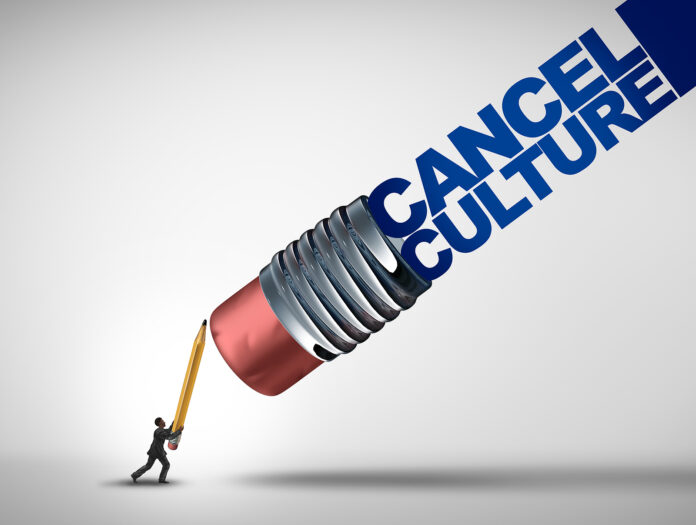
According to a new study conducted by Culture Intelligence from RED, 47% of Nigerians believe that cancel culture is simply people being held accountable for their actions, while 53% believe that people are being unfairly cancelled and society needs to be more forgiving.
The foundations for cancel culture have continued to thrive with the emergence of increasingly culturally aware Millennials and Generation Z into positions of economic power, and not even businesses have been spared. Companies are increasingly being held responsible for their effect on the environment, society, and culture. In order to understand the issue, the team at Culture Intelligence from RED engaged a national focus group to gauge the effect of cancel culture on brands.
The findings revealed that the vast majority of Nigerians (63%) would continue to patronize a brand even if it did or said something they disagreed with. While 37% said if they disagree with a company’s conduct, they would cease patronizing it. Furthermore, according to 56% of respondents, boycotting businesses is considered a major feature of cancel culture.
Interestingly, more Nigerians (50%) believe that boycotts significantly impact companies, while 46% believe that the impact is minor. A lower percentage of respondents (3%) are of the opinion that cancel culture has no impact on businesses.
“A brand should revamp, rebrand, or lay low for a while. However, a brand with a distinct brand vision should not be as affected,” said Joju Aladegbongbe, a marketing expert. “For example, there was a time Nike could have been cancelled because of the Colin Kaepernick ambassadorship; they weren’t. Because they knew their brand and what they stood for, it worked in their favour. It depends on you as a brand, what it is you are about. In the long run, cancel culture does not really affect any brand, only if the brand is posturing and acting like something they are not.”
While the concept of cancel culture divides Nigerians, the vast majority of them would never really boycott a company, choosing instead to patronize it if the product is of high quality. Brands must, however, adapt and change in sync with the culture. Organisations with strong values and beliefs, as well as those that proactively modify their business procedures to incorporate the concept of accountability, will be well-positioned for the future.

